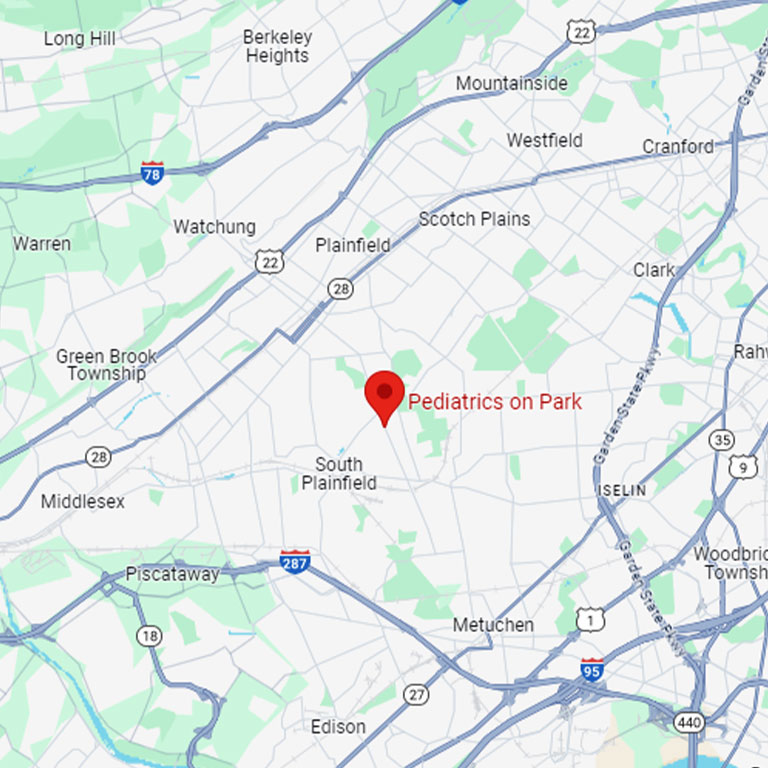Is Baby Bottle Tooth Decay a Myth?
It’s a phrase every new parent hears, but is baby bottle tooth decay fact or fiction? The staff in our pediatric dental services in South Plainfield, NJ, would refer to this condition as Early Childhood Caries (ECC), and it does exist. ECC can have a significant impact on your baby’s oral health, so understanding what it is and how it happens is essential.
What Is Early Childhood Caries (ECC)?
Baby bottle tooth decay is a genuine concern for parents with young kids. It is a term that refers to tooth decay in children under the age of six. A child with ECC will have one or more decaying or even missing baby teeth.
The mouth is full of bacteria that feed on sugars. They exist in the sticky film that covers teeth. As bacteria break down sugar, they produce an acid that can erode tooth enamel, eventually forming a hole. Bacteria enter the tooth through that hole, causing decay.
Babies are at risk of tooth decay, in part, because their diet is primarily composed of sugars found in breast milk or formula. That milk can pool in the mouth, increasing bacterial activity. The bacteria destroy the structure of their teeth, leading to:
- Pain
- Difficulty chewing and talking
- Risk of infection
- Broken or missing teeth
ECC is a preventable chronic condition. Parents need to focus on their child’s oral health even as newborns.
Good Oral Health For Newborns
Parents can help kids develop good oral hygiene habits from day one. After every feeding, wipe your baby’s gums with a clean, soft cloth. This removes any residual milk.
Also, avoid putting the baby to bed with a propped bottle. This allows the sugars to pool in the mouth for hours. When possible, wean the baby off the bottle completely. They call it baby bottle tooth decay because bottles are the primary culprit.
Ideally, your child will see the pediatric dentist in South Plainfield, NJ, before that first tooth appears. Call our office today and schedule your first appointment.






Leave a Reply
Want to join the discussion?Feel free to contribute!